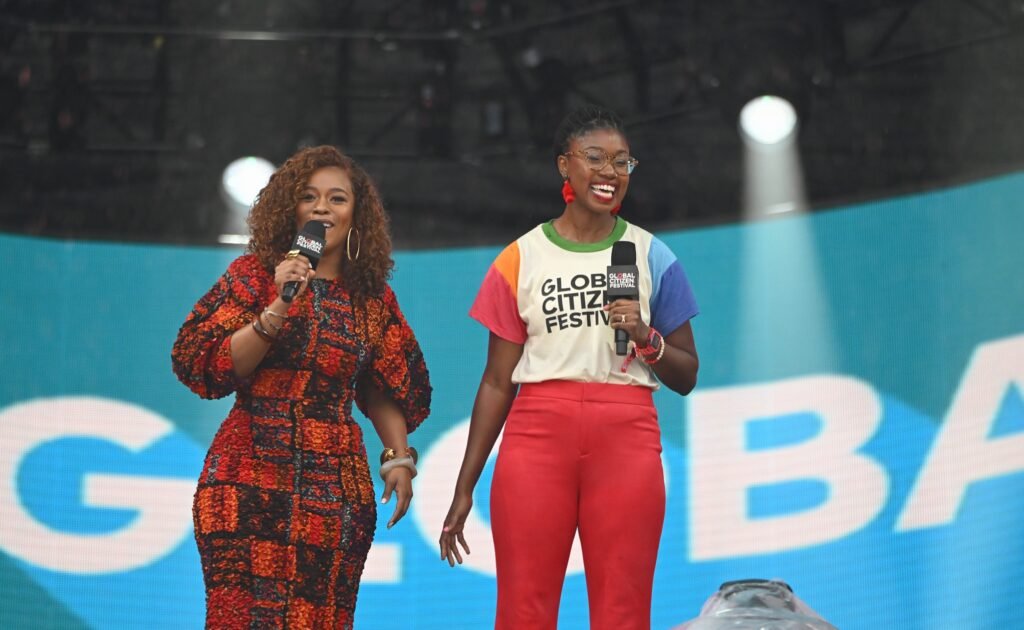(Awe-inspiring South African brands story series – Empower SA)
New York – a brainchild of P&G (Procter & Gamble), the Bloodsisters initiative is a global movement to end period poverty and keep girls in school.
Originally curated by celebrated South African choreographer Bontle Modiselle, the revolutionary Bloodsisters dance routine forms part of P&G’s Always Keeping Girls in School and is dedicated to raising awareness and funds for menstrual hygiene education and products.
During the 11th edition of the Global Citizen Festival on Saturday, September 23, the thrilling dance routine was performed by dancers from New York, who were joined on stage by Anele Nzimande, brand communications manager for P&G Sub-Sahara Africa.
“P&G South Africa believes that we are all global citizens responsible for making the world a better place and the time to do so is right here, right now,” said Cassie Jaganyi, communications leader of P&G Sub-Sahara Africa. “We recognise the challenges, especially in a region with high poverty and we strive to play our part to effect positive change.”

Global Citizen, a leading international organisation dedicated to ending extreme poverty, was on Sunday recognised for the first time as one of the Coolest Campaigns at Sunday Times GenNext Awards.
The recognition highlights the impactful work the organisation (Global Citizen), as well as its esteemed festival partners – including P&G, World Vision and UN Foundation – are doing to advance gender equality across the African continent, and contribute to achieving the UN’s Sustainable Development Goals.
About Always Keeping Girls in School program
The Always Keeping Girls in School program began in South Africa in 2019 and has since grown into a global movement with over 2 million members in over 100 countries.
Aimed at empowering young girls by transforming the value of a sanitary pad from mere protection to a symbol of a step closer to education and a fulfilling life, Always has donated over 50 million pads to more than 1 million disadvantaged girls across Africa as part of the initiative.
The campaign focuses on three key areas: access to menstrual products, menstrual health and hygiene education, and challenging stigma, shame, and self-confidence surrounding menstruation.

